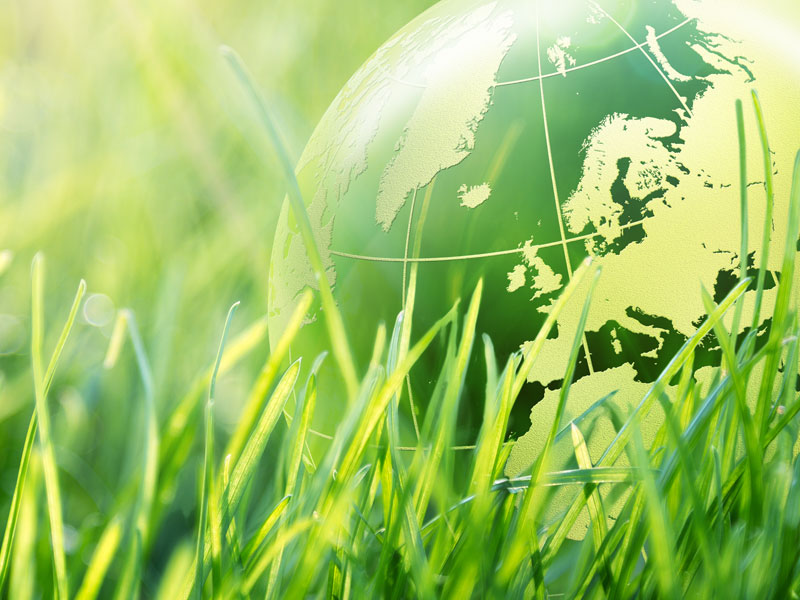
4th June 2018 EU: 60% boost in funding for environmental and climate projects The European Commission (EC) has proposed a 60% increase in funding for the next long-term budget of LIFE, the European Union (EU) programme for environmental and climate action. LIFE is among the EU funding programmes for which the Commission is proposing the largest proportional increase, with a budget of €5.5 bn ($6.5 bn) between 2021 and 2027. The Commission has integrated climate action into all major EU spending programmes – in particular, cohesion policy, regional development, energy, transport, research and innovation, and the Common Agricultural Policy, as well as its foreign aid, making it a driver of sustainability. The EU and its Member States are collectively the world's leading donor, providing over 50% of all global development aid. To implement the Paris Agreement and the commitment to the United Nations Sustainable Development Goals, the Commission proposes to raise the level of ambition for climate financing across all EU programmes, with at least 25% of EU expenditure contributing to climate objectives.
"The EU is a global leader for environmental protection and climate action; where we spend our money should reflect this," said Commissioner for Environment, Karmenu Vella. "With more funding, we can strengthen our LIFE programme to ensure that it can effectively contribute to protecting our environment and speeding up the transition to a clean, energy-efficient, low-carbon and climate-resilient economy – a priority of the Juncker Commission." "A stronger LIFE programme will play an important role in expanding investments in climate action and clean energy across Europe," said Climate Action and Energy Commissioner, Miguel Arias Cañete. "By continuing to support climate change mitigation and adaptation, LIFE will also continue to help the EU deliver on its climate goals and commitments under the Paris Agreement and the United Nations Sustainable Development Goals." The main features of the new LIFE programme are: • An increased focus on clean energy: One of the main aims of the new LIFE programme is to stimulate investment and support activities focused on energy efficiency, especially in European regions lagging behind in the transition towards clean energy; • An increased focus on nature and biodiversity: The new LIFE programme will support projects that promote best practices in relation to nature and biodiversity, as well as new, dedicated 'Strategic Nature Projects' for all Member States to help mainstream nature and biodiversity policy objectives into other policies and financing programmes, such as agriculture and rural development, ensuring a more coherent approach across sectors; • Continued support of the circular economy and climate change mitigation: The new programme will continue to support important EU policy objectives such as the transition to a circular economy, protecting and improving the quality of the EU's air and water, implementing the 2030 energy and climate policy framework and meeting the Union's commitments under the Paris Agreement on Climate Change; • A simple and flexible approach: The new programme has been designed to be simpler, more flexible and to facilitate a broader geographical access. It will focus on developing and implementing innovative ways to respond to environment and climate challenges. It will also ensure sufficient flexibility to address new and critical priorities as they emerge during the programme's duration.
Comments »
If you enjoyed this article, please consider sharing it:
|







